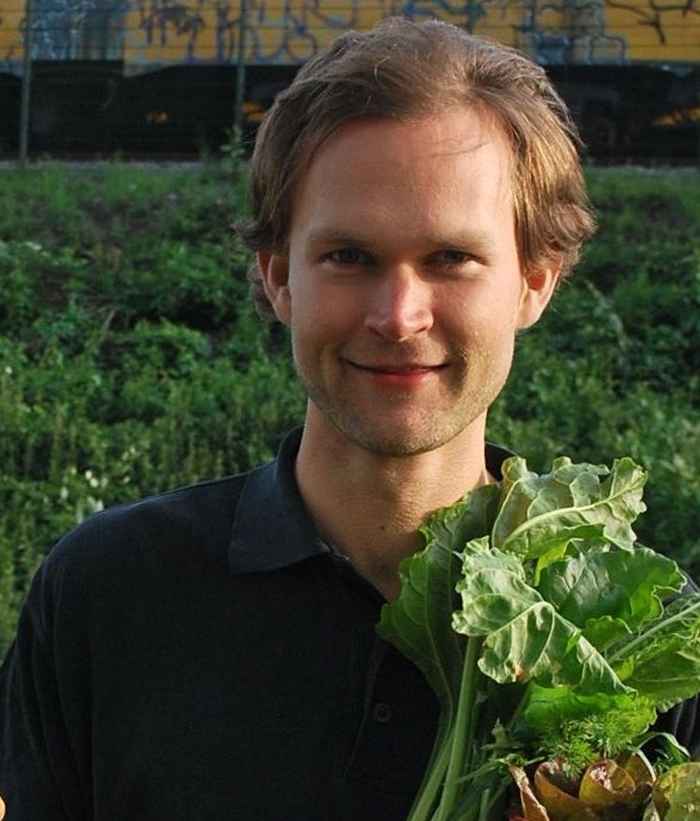Project led by Dr. Forrest Bradbury awarded subsidy from DUS-I/SURF
23 May 2022

Funding for open and online education
The subsidy is part of the larger “Stimuleringsregeling Open en online onderwijs” (Incentivised funding for Open and online education) made possible by the Dutch Ministry of Education, Culture and Science, and coordinated by the collaborative ICT organisation for Dutch higher education and research, SURF. The incentive scheme has been running for seven years and the subsidies look to support innovation in higher education through various applications of technology. This year, for the eighth and final round of funding, 1,4 million euros was allocated across 13 projects with 7 of these projects focusing on online education and 6 focusing on open learning materials.
'Open source materials and support for open scientific inquiry'
The problem being addressed
The complexity of modern natural science research and its importance to society ask for a concerted effort in training students’ scientific habits and improving their understanding of the nature of science. To this end, the project led by Dr. Bradbury aims to demonstrate and share teaching materials for supporting students' open inquiries in Dutch natural science bachelor’s programmes. These empirical open inquiries engage students in the most challenging and complex phases of the research process: defining research questions, designing experiments, and formulating mathematical models to address these questions.
Research across two years
In the first year, the project will focus on internal knowledge sharing and innovation, with students from five different science bachelor's degree programs as the primary target group. The five programmes comprise (applied) physics, biomedical sciences and two interdisciplinary science programmes. In the second year, the focus of the project turns to external knowledge sharing, with the aim of inspiring and supporting other teachers in the application of open research methods including learnings, best practices and a manual on how to adapt open inquiries across courses in the natural sciences.
Sharing course materials and a playbook for educators
Through the project, the initiators will interactively disseminate research-based, open-source course materials and a manual for adapting open inquiries across the natural sciences. The full course material developed in this context will be made available and can show how similar methods used can be adapted for different groups of students. In addition, the playbook for educators will clarify how choices for different aspects of open research relate to serving different student populations and achieving specific learning outcomes.
More information
To read more about the project “Open source materials and support for open scientific inquiry”, follow the link below. For questions about the project, you can contact Dr. Forrest Bradbury.